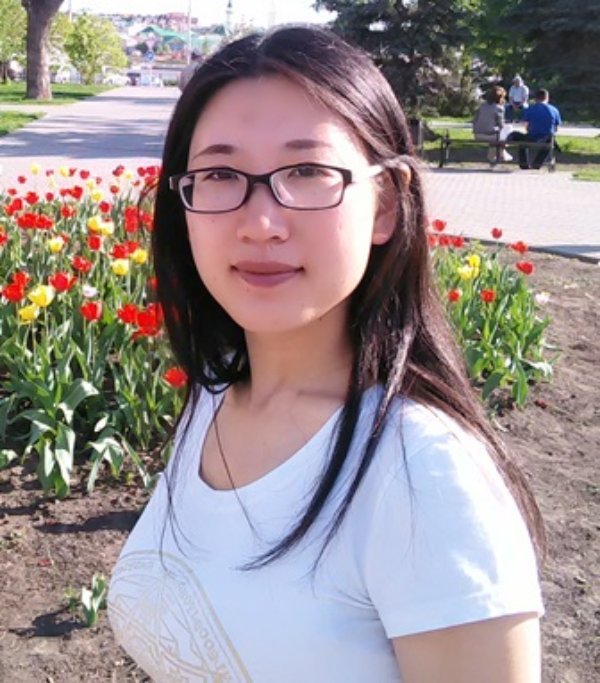KFU puts maximum effort into attracting foreign talent to its student ranks.
This work pays off – more than 4,000 overseas learners are expected to make Kazan University their alma mater after 2016 admission season ends.
Naturally, many of them arrive to study Russian language and literature. They are welcomed by the Higher School of Russian Language and Intercultural Communication. The School is also responsible for helping foreign students in general with their everyday adaptation.
Director of the Higher School of RLIC, Chair of the Department of Russian as a Foreign Language Tatyana Bochina speaks about her work:
“Russian as a foreign language is mostly taught at master programs. There have already been 12 graduation years, including this year's class of 25 people. These are mostly students from China, South Korea, Vietnam, and Indonesia. We also have enrollees from the Netherlands, Egypt, and Thailand.
The training received at this program gives our alumni opportunities to work at any jobs where Russian is used, such as media, translation, commerce and industry. Of course, they can also teach Russian at foreign universities and Russian language centers.
There are also special purpose enrolments, for instance, one Chinese hospital sent one of their leading physicians. He studied Russian to then be able to use it with many Russian patients that the hospital serves.
Of course, such programs are also available at MSU and SPbSU. But we dared to set our bar even higher – these universities mostly teach Russian postgrads, and we aim specifically to train foreigners.
Obviously, this warrants a very high level of expertise from educators. Our program is exclusively served by PhDs and DScis, no assistant lecturers without degrees are allowed. Moreover, we individually pick consultants for each of the students according to the latters' Russian proficiency.
This is important both for learning the language and their research work. A master program is different from bachelor programs in this regard. Before the end of their first year our foreign students already participate in conferences, and before defending their theses they usually have 3 – 4 publications in journals.
Finally, it's worth noting that there are some changes to the program this year. Firstly, now Russian citizens are also eligible. Secondly, this year marks the introduction of budget-funded education".

And now a view from the other side – master program graduate Zhao Yaling (China) talks about her experience.
- Zhao, where did you study before and what was your major?
- I studied at Hebei Normal University and graduated with a bachelor degree in Russian.
- Why did become interested in Russian?
- I started getting interested in foreign languages while at school. There I studied English, but it was not enough – I wanted to learn another language. Russian seemed attractive because of its complexity and because Russia and China are neighbors, so you don't need to go far away to study.
- What is complicated about Russian language?
- To Chinese people verb conjugation is especially confusing. Numbers, tenses, cases – that's a real puzzle! There are no conjugations in Chinese language, so it's all blank space for us.
- How did you and other students deal with these problems?
- With the help of special tables with verb endings. We used them while doing tasks and remembered everything this way. We practiced all the time, not only during classes but in our spare time. And, of course, we overcame all hardships thanks to the excellent teachers at KFU who helped us with everything.
- So you liked how Russian is taught at KFU?
- Yes, it's wonderful! We are all elated and don't even want to leave. Besides, two years are clearly not enough to learn Russian, although we have advanced – now, for example, we can watch Russian films, read Russian books and understand everything. That was much more difficult when we just arrived to Kazan.
- Zhao, would you recommend this program to your countrymen?
- Yes, they already ask me about enrolment and studies here. I tell them about that and the enormous amount of knowledge that you can get here.
- What profession did you choose? Does it have to do with Russian?
- I am not saying farewell to Kazan University – I am entering a PhD course to continue learning the language. After returning to China I will teach Russian. In our country – especially in the North – more and more people want to learn Russian, so good teachers are in demand. I am sure that Kazan University can help me become such a good teacher.